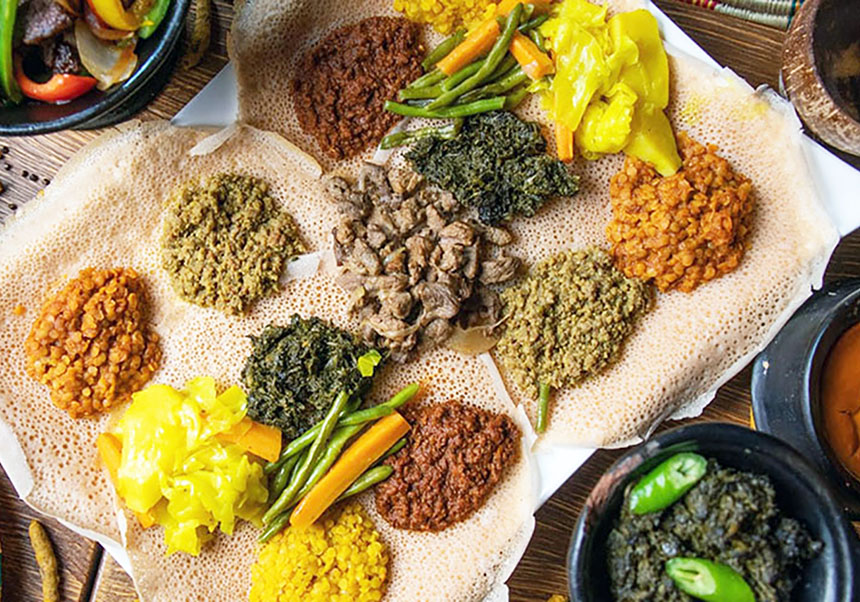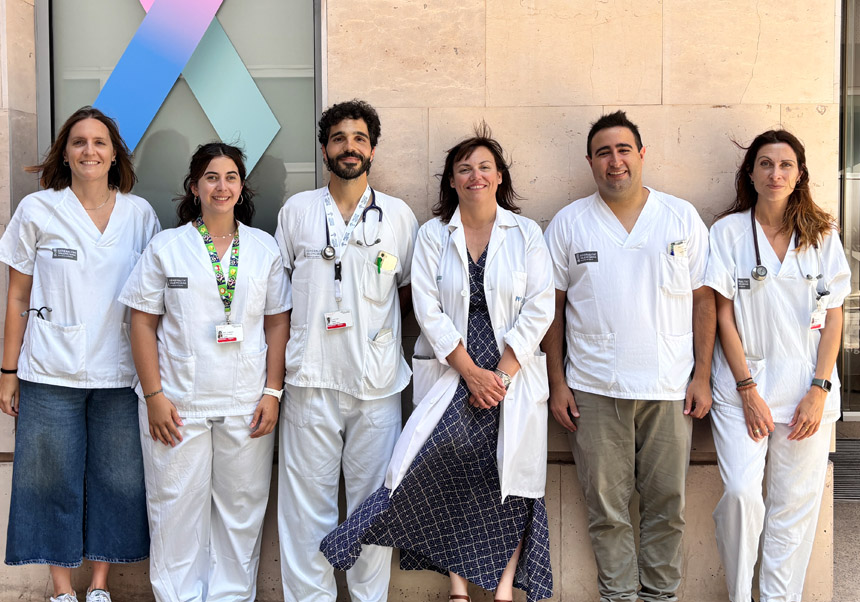Advanced techniques of modern microbiology to describe beneficial bacteria in ancestral Ethiopian food
- Marketing and Communication Service
- Olga Denia Moreno
- July 1st, 2025

A study jointly led by the UV spin-off Darwin Bioprospecting and the Institute for Integrative Systems Biology (I2SysBio, UV-CSIC) describes the microbial diversity present in different traditional foods and fermented beverages from Ethiopia. The goal is to identify, through advance technology, beneficial bacteria for a functional diet and human health. The work is published in the journal Frontiers in Microbiology.
Ethiopia, one of the most heavily populated African countries, is very rich in fermented and hand made products. These foods are an essential part of their diet and cultural heritage. However, its microbial base remains, for the most part, unknown.
The research team, which had the collaboration of the Wolaita Sodo University (Ethiopia) and the Ecuadorian company Quiitos S.A.S., wants to rediscover in this scientific paper the microbial biodiversity of ancestral Ethiopian foods, and builds the foundations to the production of safer, healthier and more sustainable fermented products.
The results show great microbiological heterogeneity among products, which reflects, according to the study, both variety in ingredients and processes as well as richness of the spontaneous fermentation ecosystems. Almost every analysed food presented a trace of bacteria from the Firmcutes family, specially lactobacillus and other lactic bacteria widely known for their ability to improve digestibility, preserving food and generating compounds with probiotic effects. Different microbial profiles and strains with great functional potential were found and described.
“We were particularly surprised by the tej for the almost complete dominance of Zymomonas mobilis, which shows that some of these traditional products can be a natural source of strains with unique technological properties”, highlights Carmen Sanz, researcher and Head of the Health & Nutrition Department of Darwin Bioprospecting and one of the authors of the article.
On top of the genomic analysis, the team managed to isolate 79 live strains from laboratory cultivations, many of them of interest to the food industry, which represent a valuable microbial collection for future developments such as controlled fermentations or tailored made probiotic formulas.
For the research, the team combined genetic sequencing techniques, metataxonomy; isolation and cultivation of strains, culturomics; and physical-chemical analysis. It also describes in detail the microbial communities present in nine traditional foods: two solid products, kotcho and injera; one condiment, datta; and six fermented drings, tej, tella, cheka, kinito, borde and shamita.
“It’s all about understanding these traditional practices in depth in order to improve them without losing their essence nor their cultural value”, says Manuel Porcar, researcher of the Universitat de València at the I2SysBio, one of the founders of the Darwin company and co-author of the article.
This work strengthens the position of the UV spin-off as a role model in the study of applied microbiomes, and consolidates the I2SysBio line of research in microbial ecology and biotechnology of fermentations.
Reference:
Sanz-López C, Amato M, Torrent D, Borrego M, Anza M, Bibiso M, Grijalva-Vallejos N, Vilanova C, Porcar M and Pascual J (2025) Microbial ecology of selected traditional Ethiopian fermented products. Front. Microbiol. 16:1570914.
DOI: 10.3389/fmicb.2025.1570914
















